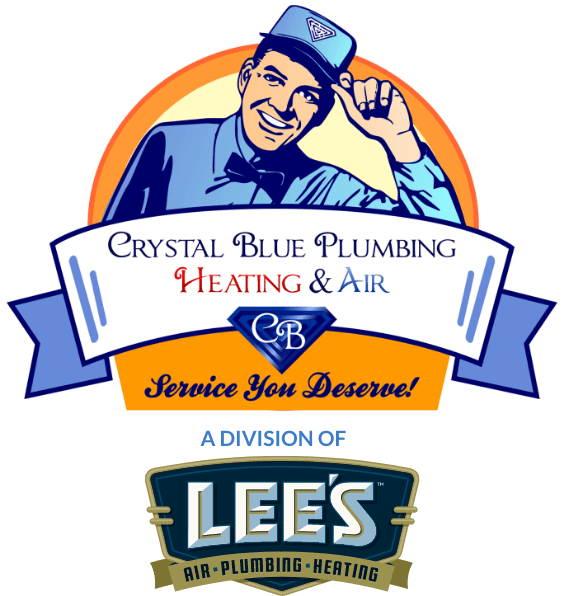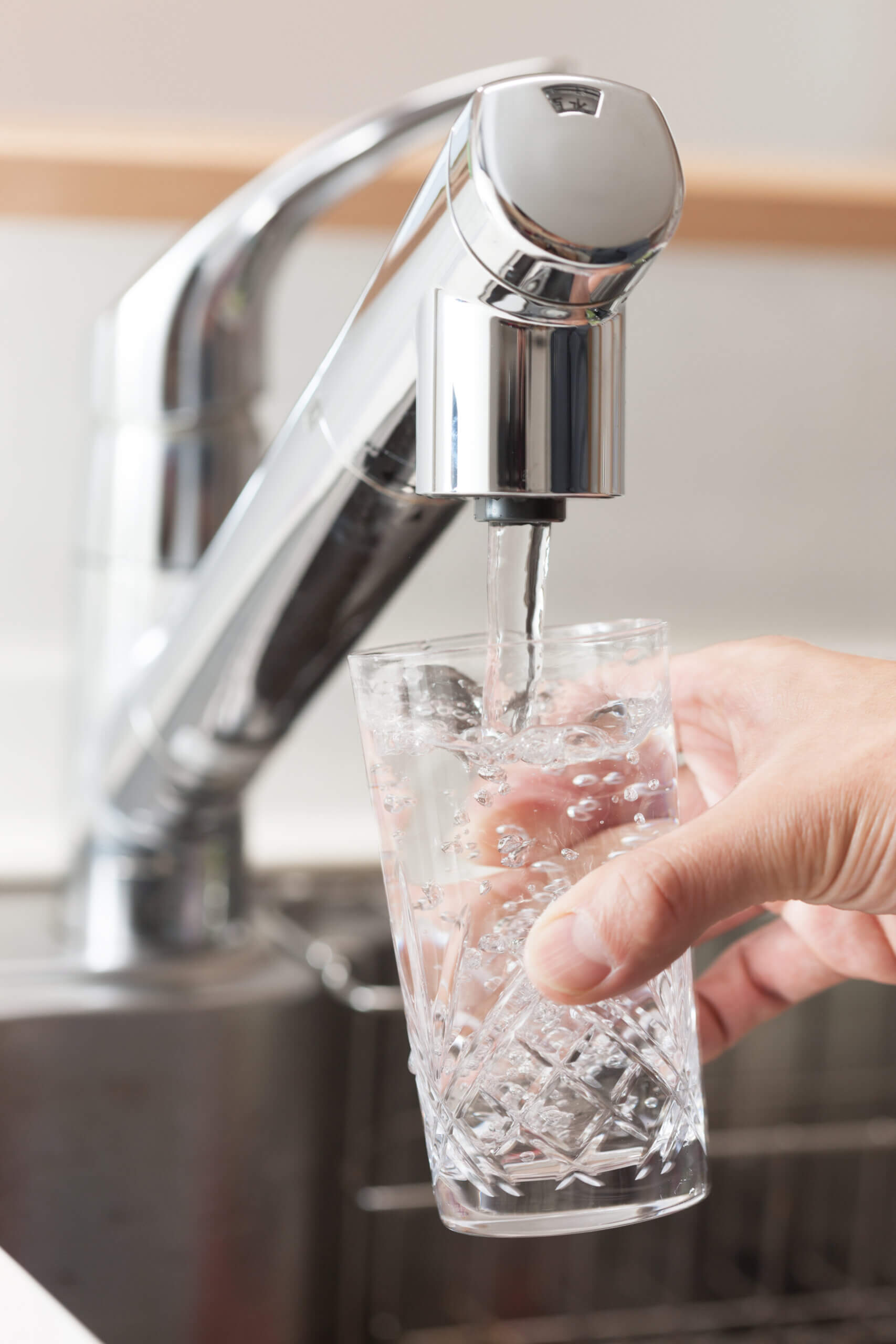How to Protect Your Plumbing from Hard Water Damage
Hard water can lead to scale buildup, reduced water flow, and appliance damage. For that reason, you need to know about the effects of hard water on your plumbing. With that information, you can use a few preventive measures to prevent serious problems. From installing water softeners to working with professional plumbers, here is how to protect your home from the damaging effects of hard water.
What Is Hard Water?
Water that contains high concentrations of dissolved minerals is known as hard water. These minerals are collected by water as it travels through rocks, soil, and underground aquifers. The hardness of water is determined by the amount of calcium carbonate present in the water.
The hardness of water varies by region, depending on the area’s geological features. Regions with limestone or chalk are more prone to having hard water. On the other hand, those areas with granite or slate formations have softer water.
There are two main types of water hardness: temporary and permanent. Temporary hardness is caused by bicarbonate minerals in the water, such as calcium and magnesium bicarbonates. When water is heated, the bicarbonate ions decompose. They will also release carbon dioxide and form insoluble carbonate compounds. This process causes calcium and magnesium carbonate to develop a hard scale on surfaces.
Permanent hardness is caused by calcium sulfate and magnesium sulfate in the water. Unlike temporary hardness, permanent hardness cannot be removed by boiling the water. Ion exchange or chemical treatment are the most effective ways to remove water hardness. While hard water is not harmful to human health, it can cause damage to your home, especially in the plumbing system.
The Effects of Hard Water in Your Home
Hard water contains calcium and magnesium. When these chemicals accumulate within your pipes and fixtures, they can create a stubborn scale over time. This buildup can lead to a reduction in water flow. As a result, it can affect your plumbing system. You need to treat hard water. Otherwise, the scale may become so dense that it obstructs the pipes. When that happens, it can impede water movement and cause water pressure issues.
Dishwashers and water heaters are very susceptible to the effects of hard water. The minerals can coat the heating elements of these appliances. As a result, that can diminish their performance. You might even see an increase in your energy bills. When you neglect this problem, it can affect the longevity and functionality of these appliances.
As scales build within pipes, it can also lead to clogs. These obstructions will reduce water pressure. Along with that, your pipes might be at risk of damage. In some cases, they can burst. While many clogs are inconvenient, hard water can also cause extensive damage to the entire plumbing infrastructure.
How to Prevent Hard Water Damage
Early intervention and consistent monitoring are key to preventing the detrimental effects of hard water in your home. Regularly assessing your plumbing system can save you from costly repairs and ensure the longevity of your appliances and pipes. Along with monitoring your plumbing system, there are a few methods to prevent and lessen the effects of hard water.
Install Water Softeners
Water softeners are the best solution for fighting the harmful effects of hard water. These devices use a process called ion exchange. With that, the calcium and magnesium ions that create water hardness are replaced with sodium or potassium ions. This exchange softens the water. These devices prevent any scaling from forming in appliances or pipes. However, water softeners need to be regularly maintained. You will need to add salt to the system and watch for any signs of mechanical malfunctions.
Perform Maintenance
The plumbing system also needs to be maintained. Otherwise, you could have a large-scale buildup of minerals in your home. You might want to inspect the faucets, showerheads, and other fixtures to see if there are any signs of scale formation. Cleaning these areas can usually remove the hard scales. However, you may need to replace some parts if there is a severe problem.
You should add the water heater to your preventative maintenance checklist. Neglecting this task could lead to sediment and accumulated scale settling at the bottom of the tank. With that, you might experience all types of problems, such as a reduction in the heater’s energy efficiency, an increase in the risk of corrosion, and a shortening of its overall lifespan. These maintenance chores are not difficult. Flushing the water heater at regular intervals is an easy way to keep your heater in top condition and extend its lifespan.
Use Specialty Devices
If you are struggling with scaling, then you may want to put chemical scale inhibitors into your water supply. You can even use them in a few specific appliances, such as the water heater or dishwasher. These inhibitors are an effective preventive measure against scale formation. They work like a protective barrier to stop the crystallization of minerals. You can find scale inhibitors in several forms, including liquid additives or standalone devices.
Along with that, you may want to install low-pressure or aerated shower heads. These components can prevent the water from entering your home at a high level of force. When the water pressure is reduced, it can minimize any ill effects of the hard water. Plus, you will have a more comfortable experience in the shower without worrying about damaging scale buildup.
Stick to Cold Water
While this may not be great for a shower, consider using cold water in your appliances. Choosing cold water for dishwashers and washing machines can reduce the likelihood of scale formation. Hot water accelerates the deposit of minerals, leading to scale buildup. Using cold water reduces that risk. Along With that, it promotes energy efficiency in your home. Heating water puts a significant strain on your energy consumption.
Implement Natural Solutions
If you want a natural solution to minor hard water issues, you may want to flush your pipes with a vinegar solution regularly. The acidic properties of vinegar break down and dissolve accumulated scales. It is a great preventive measure for minor scale issues.
Get Help From the Professionals
Finally, some problems cannot be fixed by yourself. You may need a little professional assistance. Professional plumbers have the tools, skills, and technology to help with hard water issues. With their help, you can be assured that they will correctly install and calibrate the water softeners.
Additionally, they will adhere to local codes so that your new devices don’t cause damage to the environment. Beyond addressing immediate concerns of hard water, these professionals can develop preventive maintenance plans that prevent minor problems from escalating into major issues.
While there may be an initial cost, hiring a professional proves cost-effective in the long run. They can reduce recurring problems and extend your plumbing system’s lifespan. In turn, you can have a little peace of mind in your home.
Contact Your Local Plumbing Experts Today
If you want to know if hard water is affecting your home, Crystal Blue Plumbing Heating & Air is here to help with our water treatment solutions. We offer a wide range of services to homeowners in Loomis, including cooling and heating, plumbing, and commercial services. We can help you find the right solutions for your home. Contact Crystal Blue Plumbing Heating & Air to schedule a consultation.







